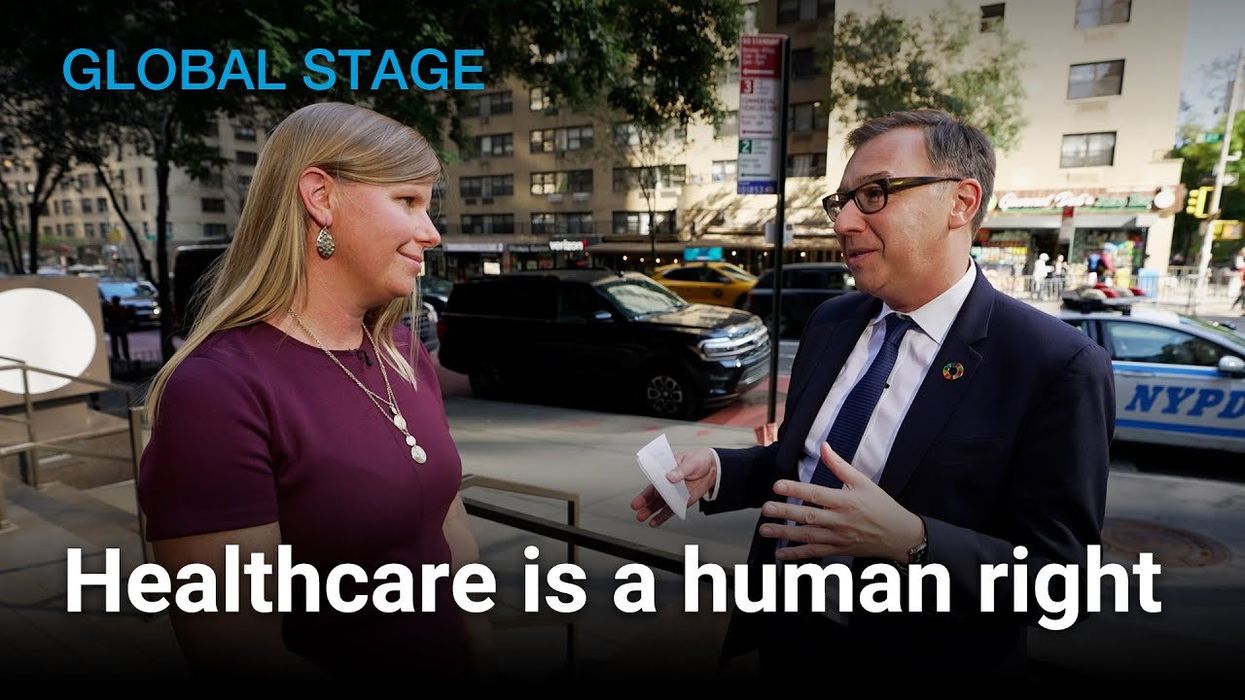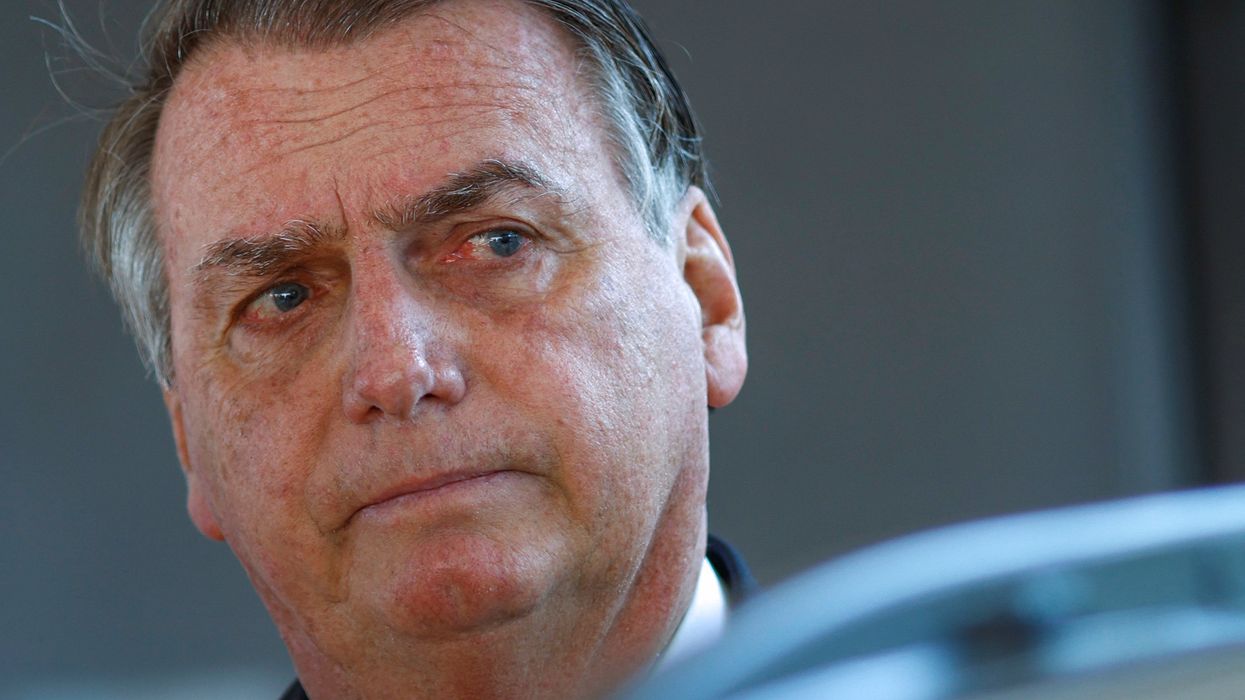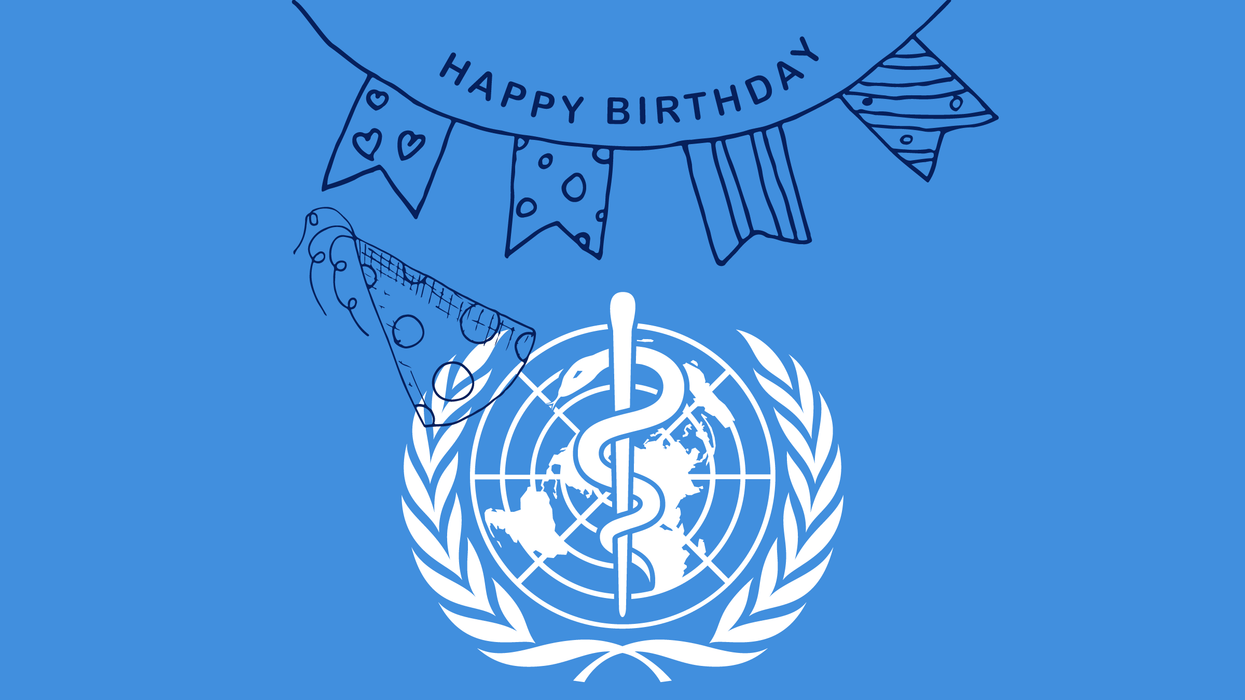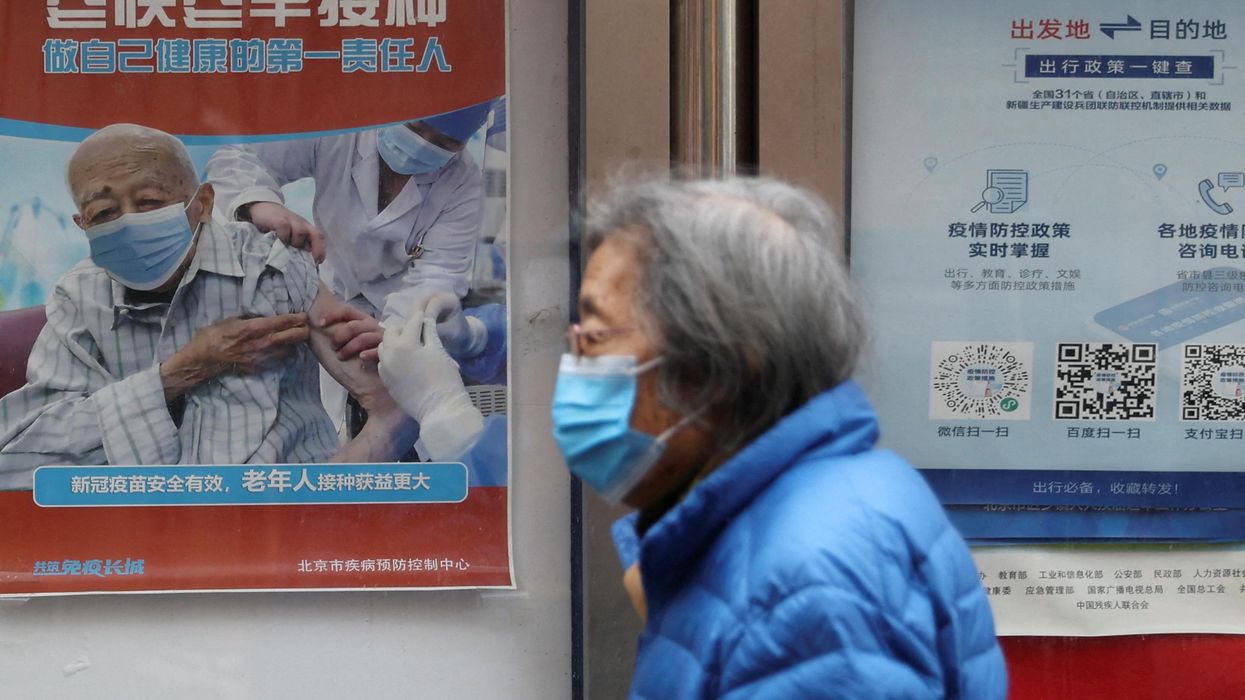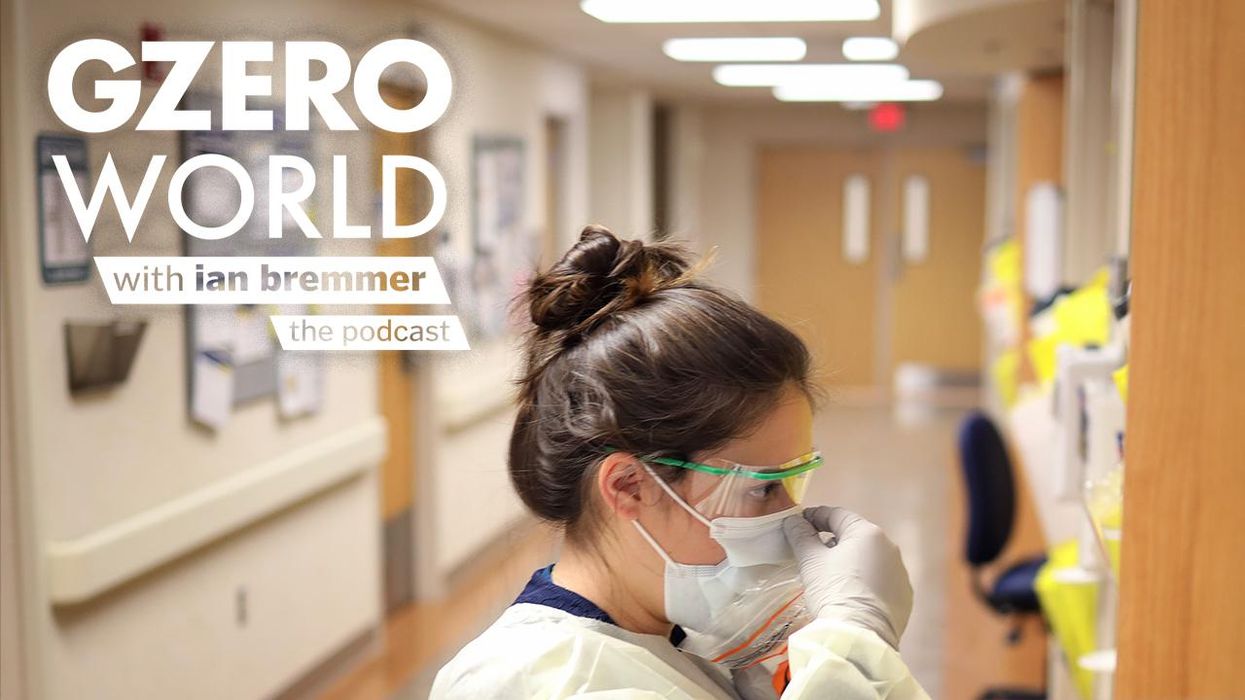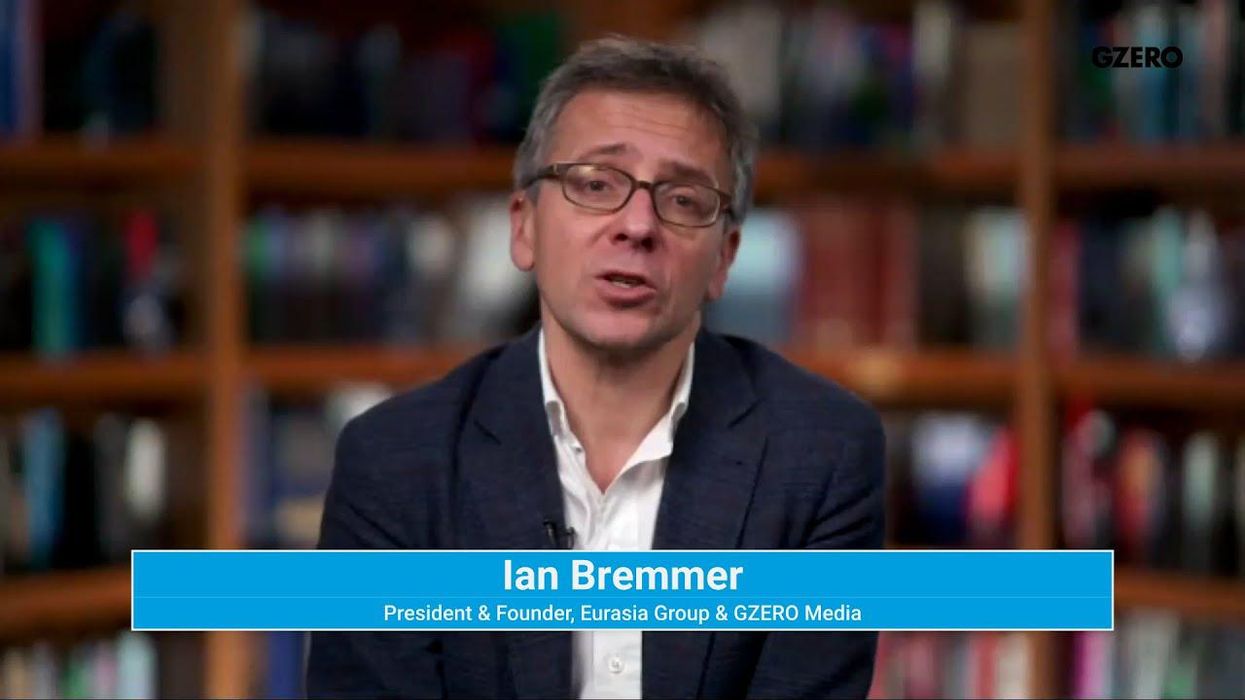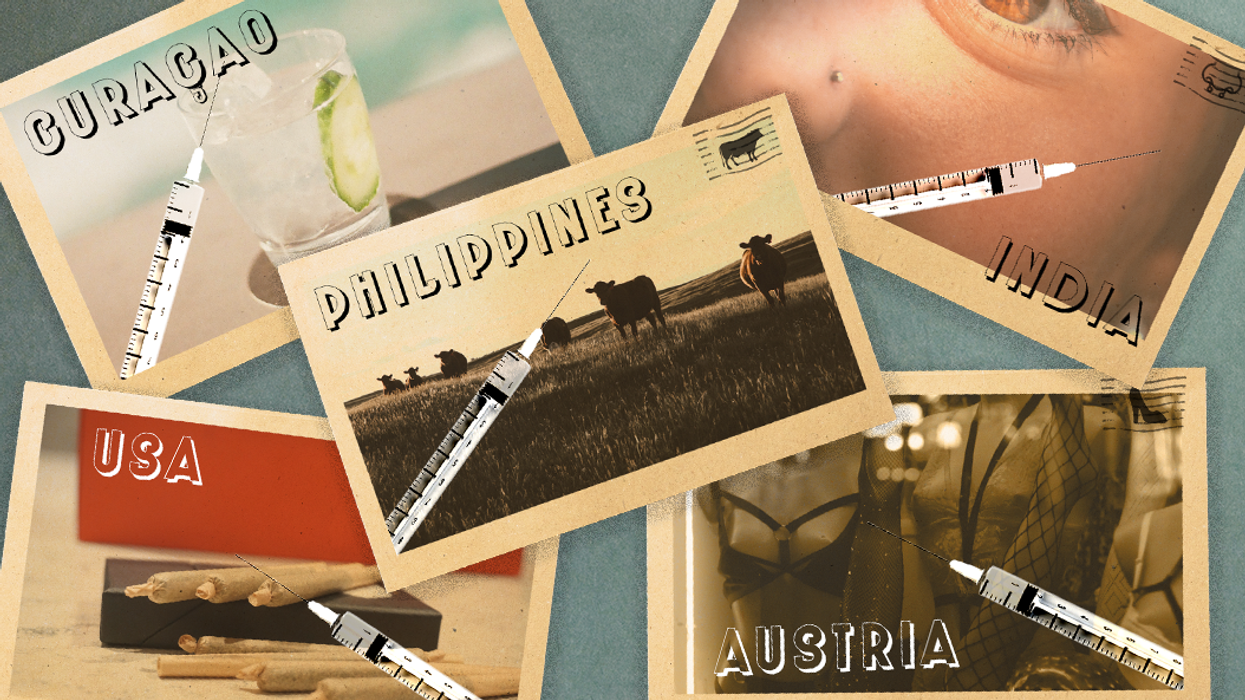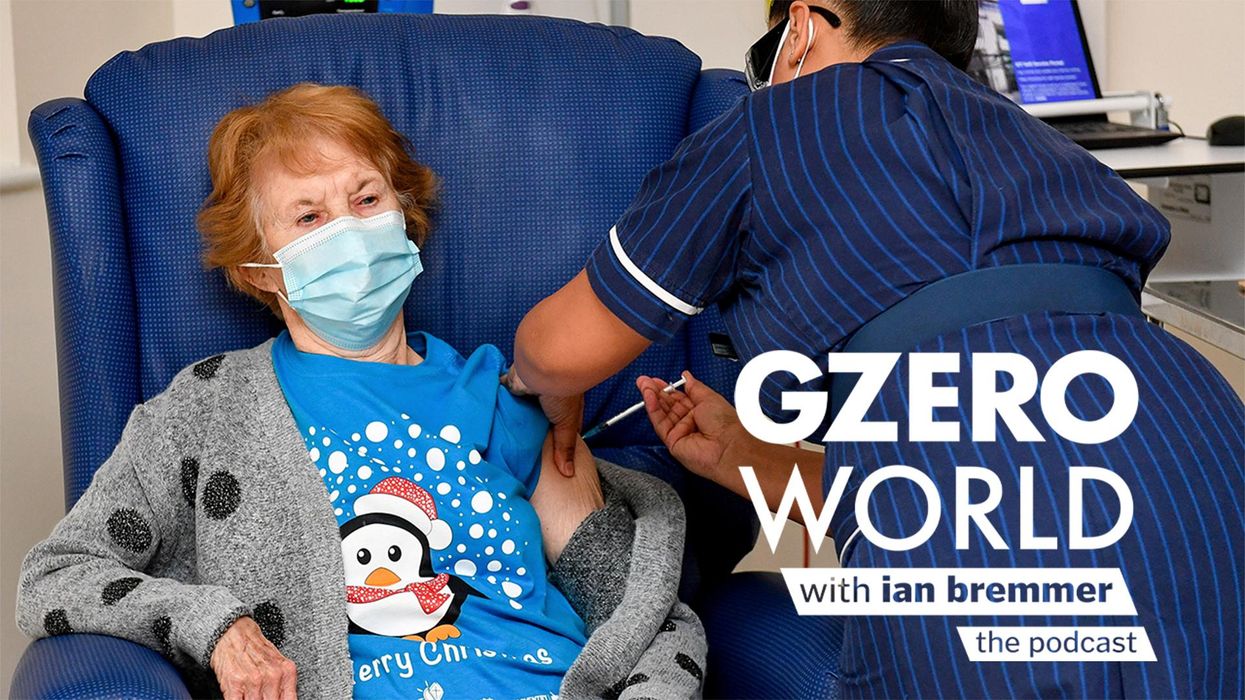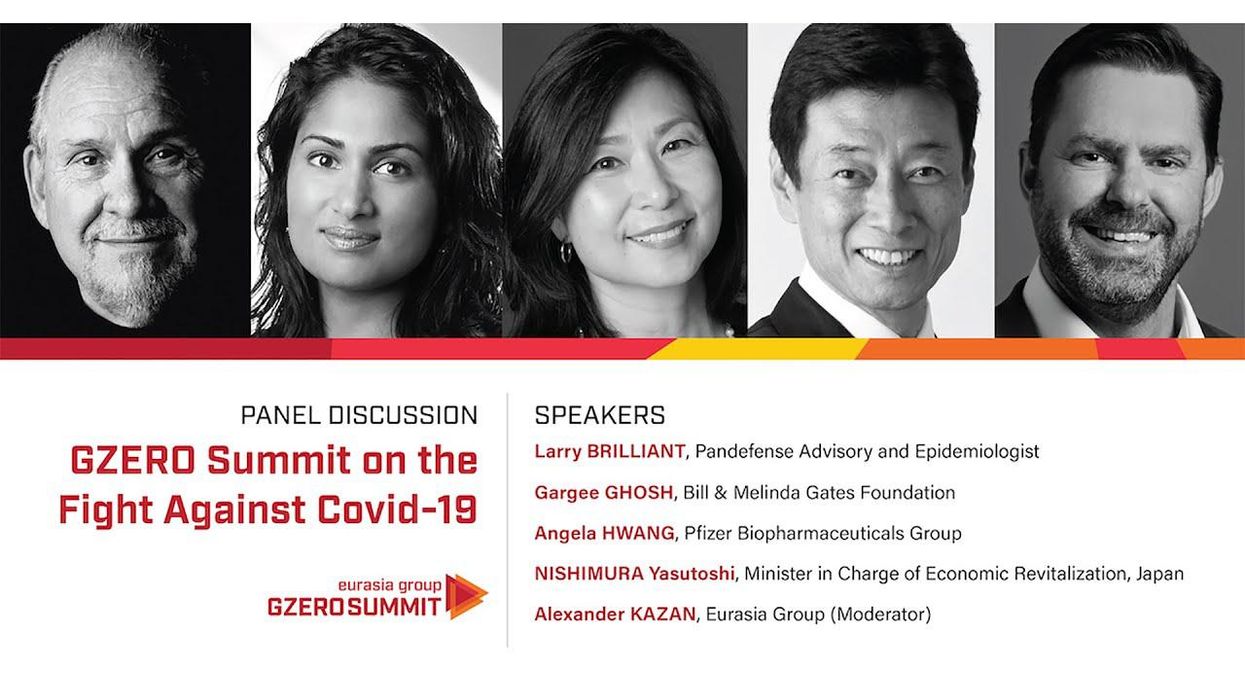Crisis Recovery
“Health is a human right”: How the world can make up progress lost to COVID
2 billion people are facing "catastrophic or impoverishing" health spending worldwide according to the World Health Organization. And governments in the Global South are taking on more and more debt at the expense of investment in health and social services.
Sep 21, 2023
